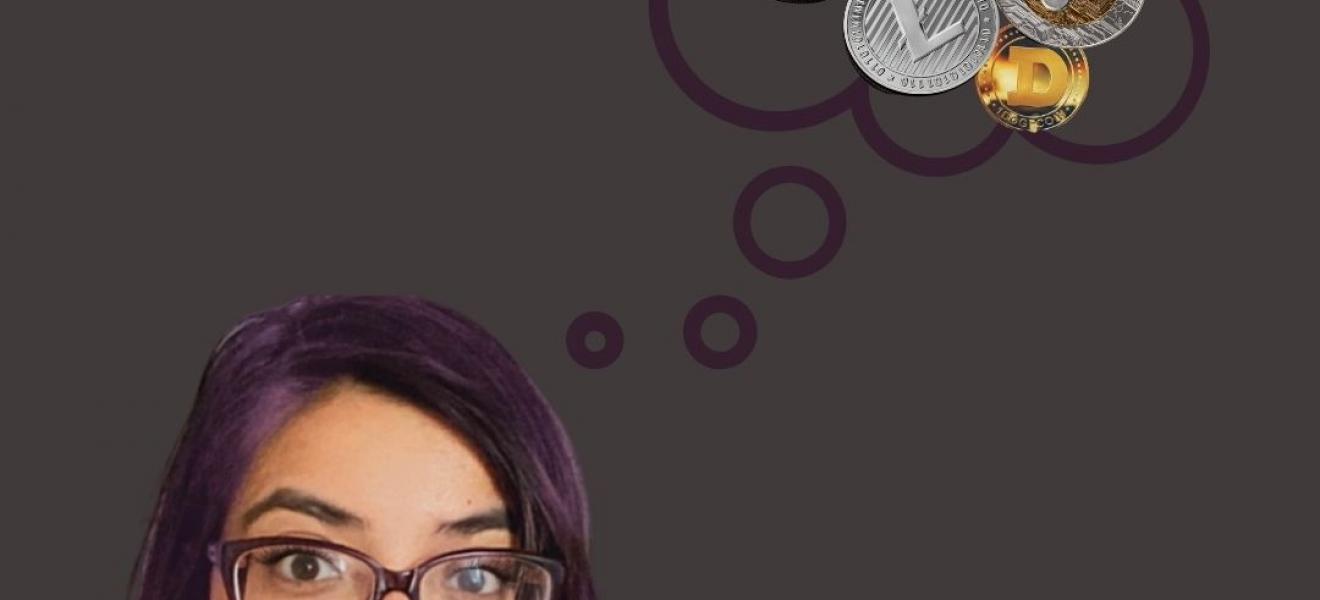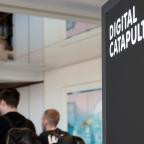
Feyaza Khan: Let's give Power to the People - not PayPal
Last week I bought some cryptocurrency. Not enough to break the bank, but enough of a step to make me feel empowered, which apparently, is the point of crypto.
When I lived in Dubai in 2009, Bitcoin had just been unveiled and was seen as a novelty and used by online retailers to promote whatever they were selling. It was also being given out for free, which with hindsight sounds absurd. For different amounts of Bitcoin, you could swap them for anything from pizzas to pearls - at whatever store was accepting them, trying to boost their online presence.
Since then, I had thought regularly about investing in blockchain, but never got round to it and now when I think about the Bitcoin I used to own, my eyes water knowing it sells at £42,000 a pop at the time of writing.
Considering how much I love looking out for new and interesting technology, it’s bizarre to me how little attention I paid to Bitcoin and blockchain in general. It’s only last week, after chatting to Derek Rodriguez, CEO of Gridlock, on the Tribe Tech Podcast that I felt spurred on to make a purchase, and already my coin has gone up 30 percent in value (!!) ... so that was a good decision.
Last month Tesla, Visa and PayPal separately announced their support of cryptocurrencies. Tesla decided it would accept Bitcoin as payment for cars, Visa is piloting Ethereum and PayPal will convert Bitcoin to fiat currency at the point of sale for users in America.
And it is this wider acceptance that concerns me.
Before I explain why, I’ll have a go at explaining blockchain technology, which I have not yet succeeded in explaining successfully to anyone I know, so good luck.
About 30 years ago, two researchers (Stuart Haber and W.Scott Stornetta) came up with an idea to create a system that allows digital information to be distributed without editing the time stamps, which means every addition to the chain is recorded. And that’s essentially what blockchain is - a series of data stored chronologically in a chain. New data can only be added to the end of the chain and it is almost impossible to go back and alter the contents of the rest of the block. Blockchain technology is what Satoshi Nakamoto used to create Bitcoin.
Hopefully this definition gives you an idea of how blockchain could be used in a variety of ways, not just in digital currency. Imagine using this technology to ensure each section of a cocoa bean supply chain was accountable - from the farmer to the consumer, creating truly fair trade chocolate.
But this is why I wonder about the wider acceptance of crypto as fiat currency. If its design is to be empowering for the individual, a peer-to-peer and bank-free method of transferring wealth and ownership, then how does this sit with Visa or PayPal using and distributing it?
Derek Rodriguez (who is now my go-to person for ridiculous crypto currency questions) told me I was worrying about nothing. He said: “ For now, this is great news as we see more and more institutional buy-in. However, I expect that Paypal and other institutions will quickly get a dose of reality when they try to insert themselves into blockchain finance like they are currently doing in fiat finance.”
That’s the other thing about blockchain technology, when you give someone a loan, it’s recorded in the chain, which means you can’t loan the same Bitcoin twice.
Derek says just because it's on offer, we don’t have to use PayPal or traditional banks to store and use our crypto: “There are numerous decentralized alternatives that offer the same services as traditional finance institutions. PayPal has strength and financial backing, but they are playing a different game now and I can't see how they will compete with other, more equitable solutions.”
So, when PayPal does bring cryptocurrency payments to the UK, I am unlikely to use the service because even though the acceptance of crypto is positive, I still wouldn’t want a traditional institution being in charge of it and let’s face it, these days, PayPal is pretty traditional. Right, I’m off to check how my crypto is doing.
Feyaza Khan is a journalist, social media marketing consultant and well-tech director. She also presents the Tribe Tech podcast







